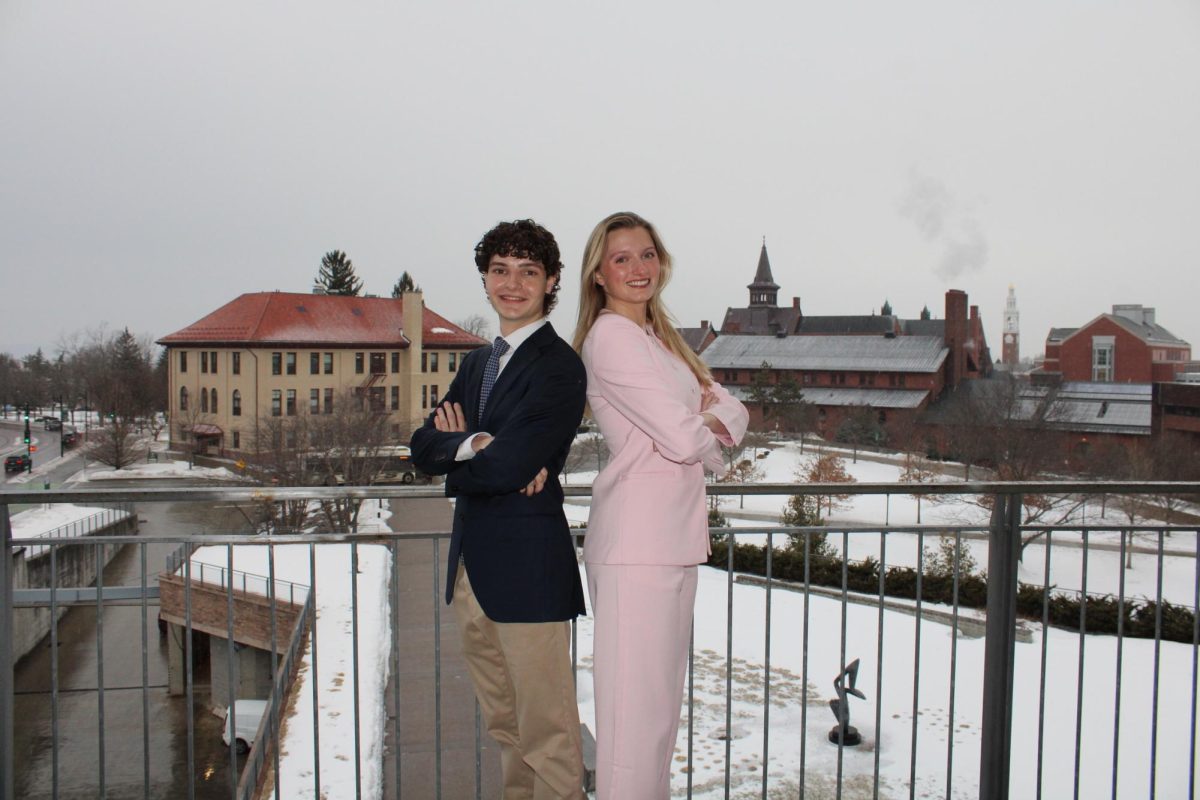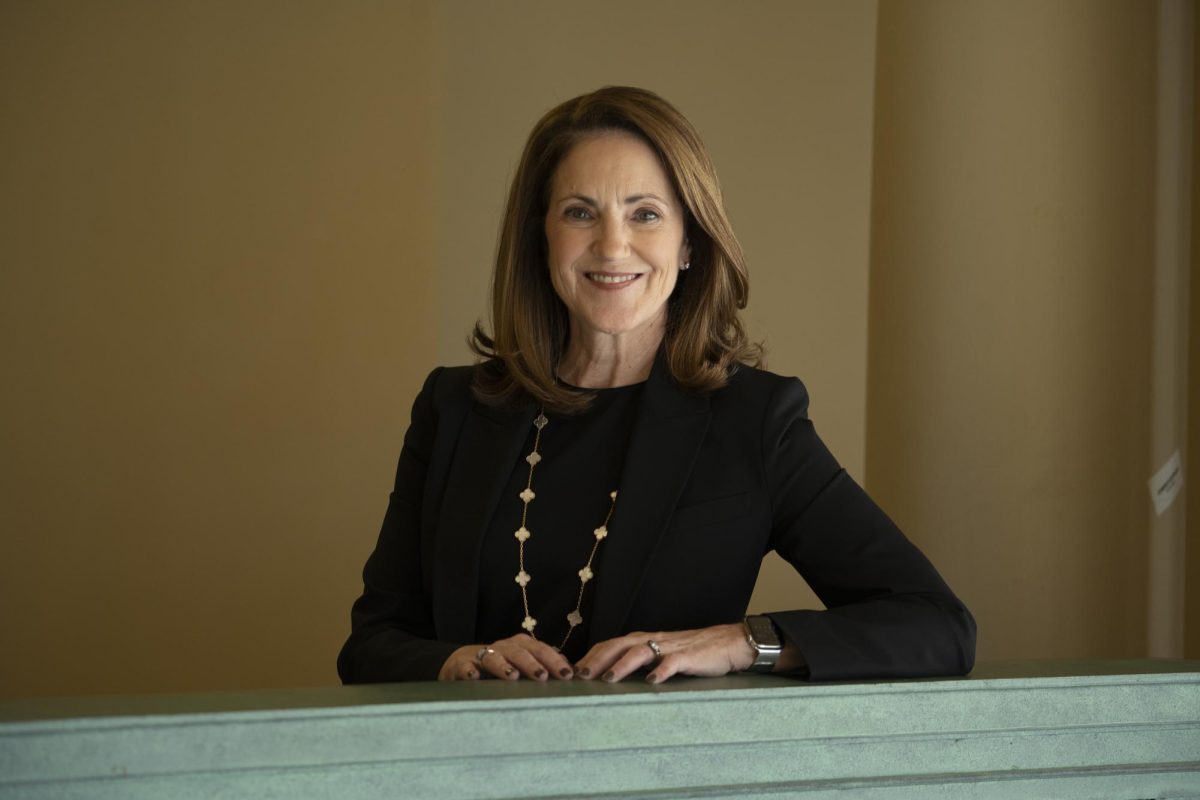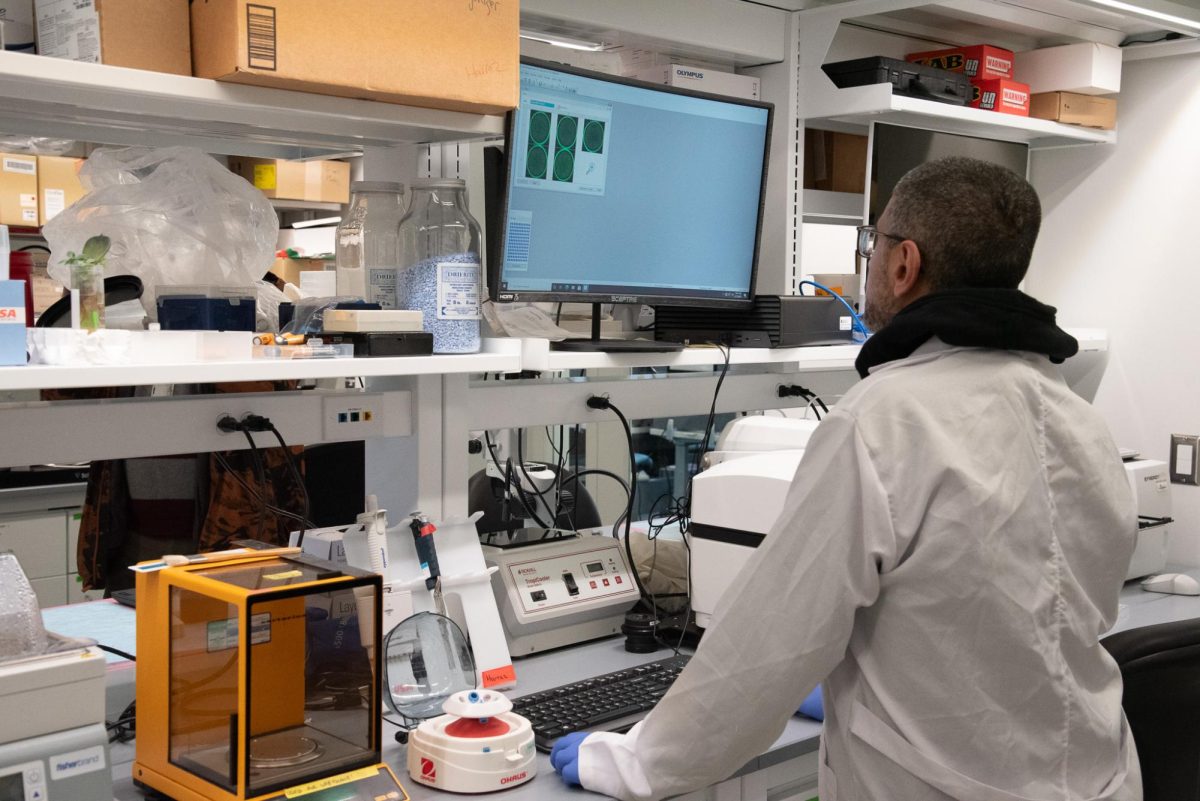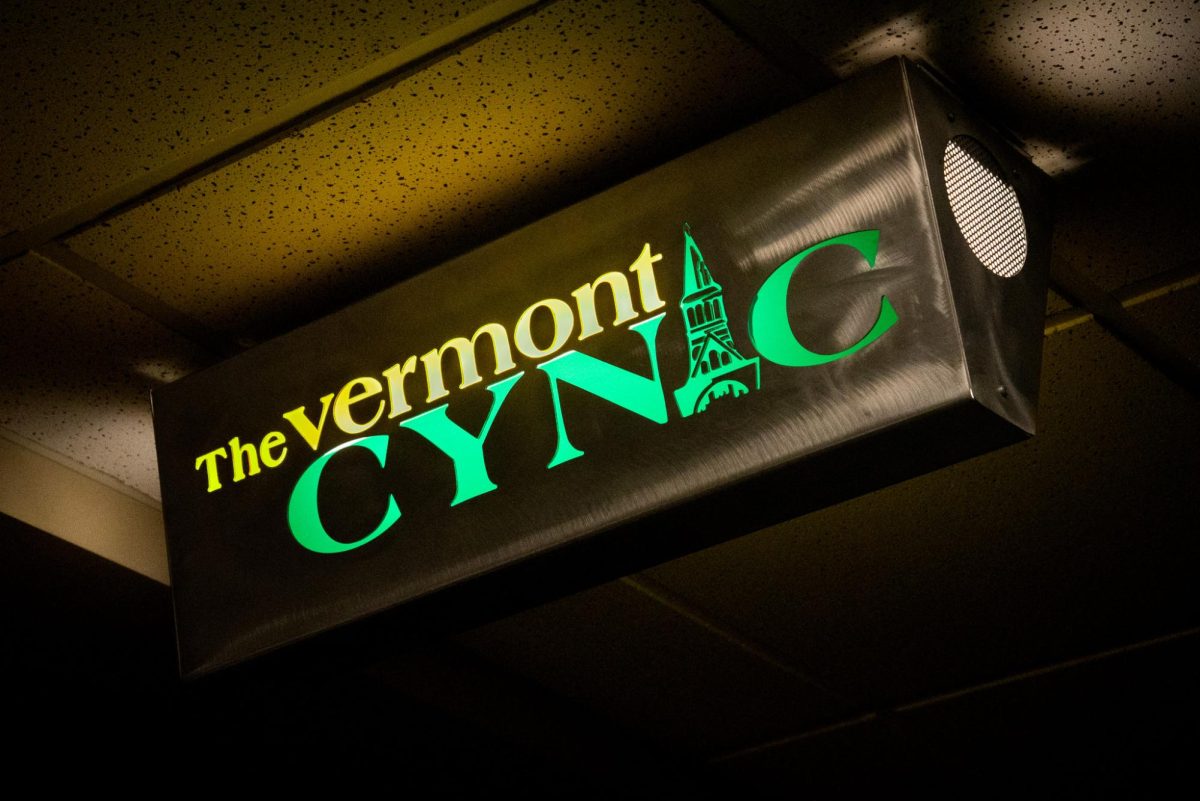The UVM Office of Sustainability is reviewing its progress in completing one of the University’s green initiatives. However, this project is behind schedule.
The office is using the Clean Energy Fund, made up of $10 paid from every student’s tuition, to fund an evaluation of its own track record to make sure it can reach the Climate Action Plan commitment of carbon neutrality by 2025.
This process started in May and is projected to be finished by December. However, it is only 20 percent done, according to the CEF website.
When the CEF was created in 2008, the plan was to evaluate the fund every four years, according to the CEF’s contract.
However, they have yet to complete one, said Gioia Thompson, director of the Office of Sustainability.
“It has been more than four years, and we haven’t done one,” Thompson said. “The language [in the contract] was unclear, though. Would it be every four years after 2008 or after projects started? It also hasn’t been at the top of our priority list because we have had staff shortages this year and STARS to deal with.”
STARS stands for Sustainability Tracking, Assessment and Rating System. The Office of Sustainability is in charge of determining how well UVM does on this scale.
“We will publish the [CEF evaluation] report in a few months. I think it’s better to publish a report that says something about the future and doesn’t just look back,” Thompson said. “The next step we’re taking is our graduate student intern will be looking at past- projects and how well they fit with the Climate Action Plan.”
The SGA Committee on Diversity, Equity and Environmental Ethics will be working with the Office of Sustainability to evaluate the CEF, said Senior Dylan Letendre, the chair of the committee.
“We have met twice with them but we’re definitely in the beginning stages,” Letendre said.
“I think so far the CEF has done a good job of raising awareness of environmental issues. The [Energy Action Seminar] lecture series is really good, I’ve been to a few and they have a pretty good turnout,” he said. “They’ve made some progress with campus infrastructure for renewable energy but maybe renewables might become more of a priority after the evaluation.”
The CEF employs a number of interns to help with outreach and education. $25,000 of the CEF budget goes to employing these interns, according to the fund’s 2010-2011 report.
“This year has been about revamping, redefining and restructuring the CEF’s strategy [toward gaining renewable energies,” said senior Patrick Ma- thon, a CEF intern. “We’ve been researching other schools’ CEF equivalents to see how we can make ours better.”













